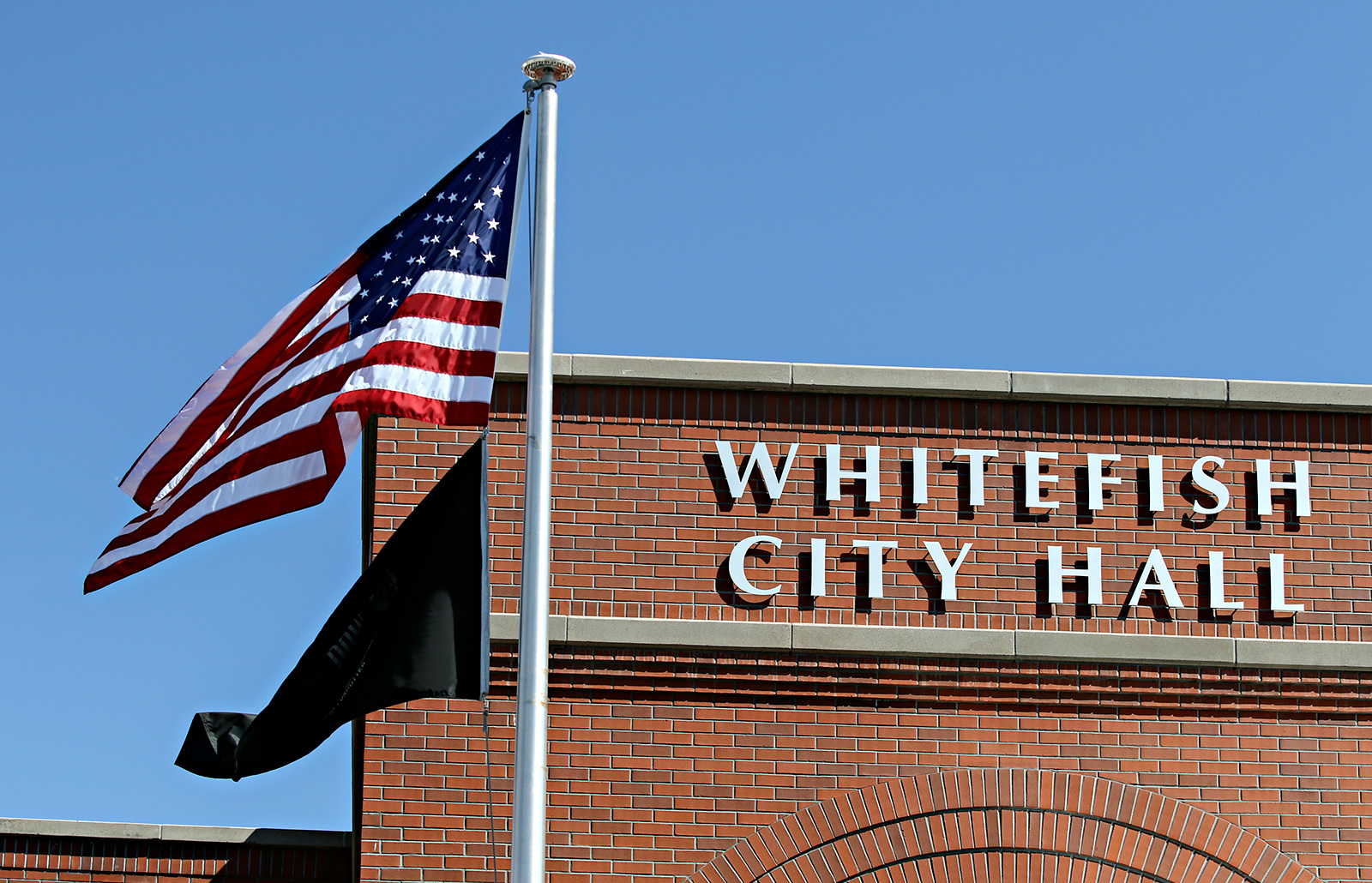Whitefish Board Votes in Favor of Proposed 21-Unit Development at Iowa Avenue and Edgewood Place
Plans for the development include 12 studio-style units, three one-bedroom units and six two-bedroom units on a .54-acre parcel of land
By Mike Kordenbrock
At its April 18 meeting, the Whitefish Community Development Board voted 6-0 to recommend the city approve a conditional use permit for the construction of a proposed 21-unit development located east of Iowa Avenue and north of Edgewood Place.
Application materials list the owners of the property as Lisa Gorian and Los Angeles-based JLA Whitefish LLC. Those application materials show designs for a single multi-story structure on the .54-acre lot, with a total of three one-bedroom 537-square-feet apartments, six two-bedroom 908-square-feet apartments and 12 studio apartments of 420 square feet. The undeveloped parcel where construction is proposed is currently zoned WR-4, which is a high density multifamily residential district in Whitefish.
Luke Sponable, a planner and housing coordinator in Whitefish’s planning and building department, told the development board that the development is expected to generate about 142 vehicle trips per day, which is under the 200 per day threshold that would require the developer to conduct and submit a traffic impact study.
The developers have opted to participate in the city’s Legacy Homes Program, which offers various incentives for providing deed-restricted housing. In this case, the developer has asked for a 20% increase in allowable density, a 5 feet increase in allowable building height for a maximum of 40 feet, and a 20% reduction in required parking spaces for units with at least two bedrooms.
Based on the size of the project, the developer could be required to provide 2.1 deed-restricted units, but the Legacy Homes Program offers an alternative option to pay the city a fee instead of deed restricting units in what’s known as a “fee in lieu of units” payment. In this case, the developer, in consultation with city staff, opted for the fee in lieu payment, which would come out to a little over $618,000, Sponable told the development board. The way the Legacy Homes Program is written, it does show some preference for affordable housing as opposed to cash in lieu in some instances, but according to Sponable’s interpretation, it’s not necessarily a strong preference.
City Councilor Ben Davis, who sat on the board for the meeting as an alternate, tried unsuccessfully to propose a friendly amendment to a motion to approve, with the amendment aimed at requiring the developer to provide two units of housing and a cash in lieu payment for the remaining .1 unit required.
“I just would offer my perspective on this, as years ago I helped write this. At the end of the day the community is looking for affordable housing units, that’s the goal, right? I think that the cash in lieu exists, and there’s nothing wrong with doing cash in lieu in certain circumstances. But it has to be understood that the community doesn’t need money, we need units,” Davis said. “Money can be used to build units down the road. But that takes years, it’s expensive and no offense to myself or anyone here in government, but the private sector is better at building than the government is. So I think it is optimal for projects to provide the affordable housing units. I think that’s the intent of the program, it was when we wrote it, and I think that cash in lieu and other alternatives are there for design flexibility in the event that onsite affordable housing units are inappropriate, for some reason.”
Matt Lawrance, an architect with Montana Creative who is involved with the project, was asked about the developer’s preference, and said that while he could not say for certain what their preference might be, he said during the planning process there was some interest in exploring both the deed-restricted units and cash in lieu options. “I don’t know if they’ve made a final decision,” Lawrance said. “I think at this point, with what’s going on with their group, they’re just trying to see if they can do this density on this property, and make everything work, and then make final decisions from there. I know they talked about both, though.”
Lawrance also told the board he believes that the development group intends to rent the units out, as opposed to selling them as condominiums.
When asked by Davis how the cash in lieu agreement was made in this case, Sponable said that he had had some consultation from City Manager Dana Smith, and noted that while the city has reserves in its affordable housing fund, it has allocated most of the rest of the funding for the next two years.
While some members of the board appeared to be entertaining the idea of siding with Davis, ultimately he was unable to find support for his amendment, which failed on a 5-to-1 vote.
The Whitefish City Council is expected to hold a hearing on the development proposal at its May 6 meeting.